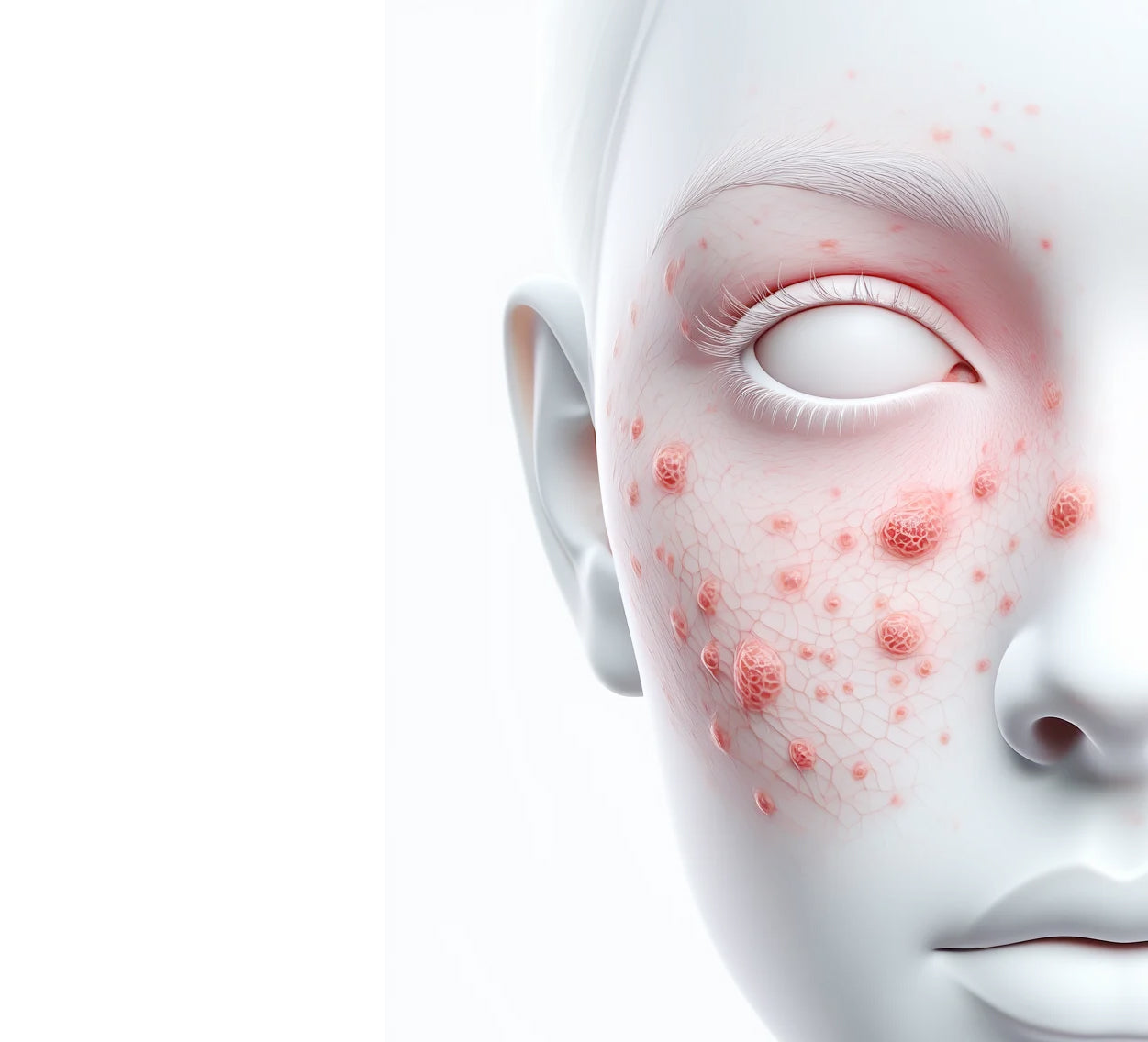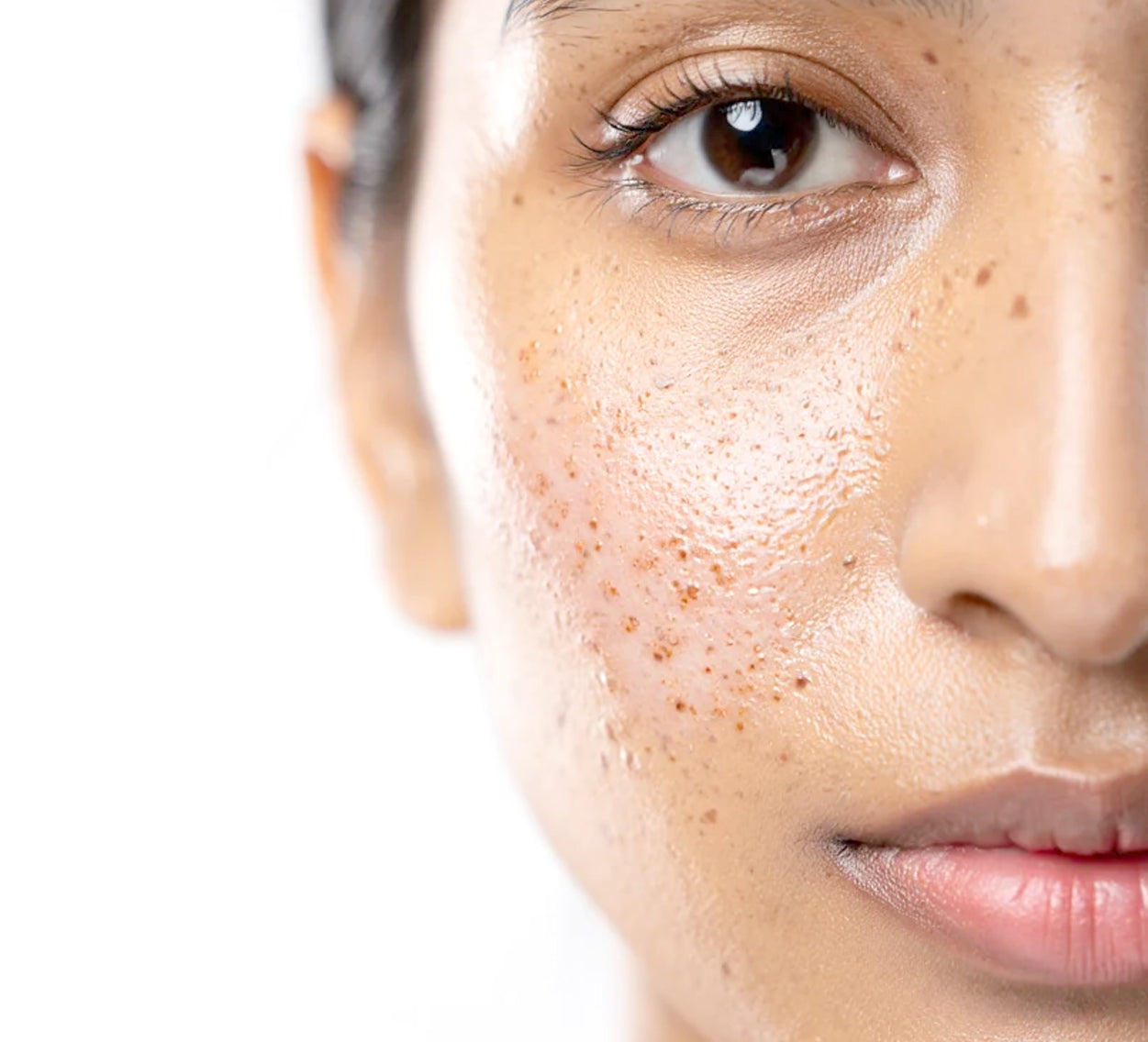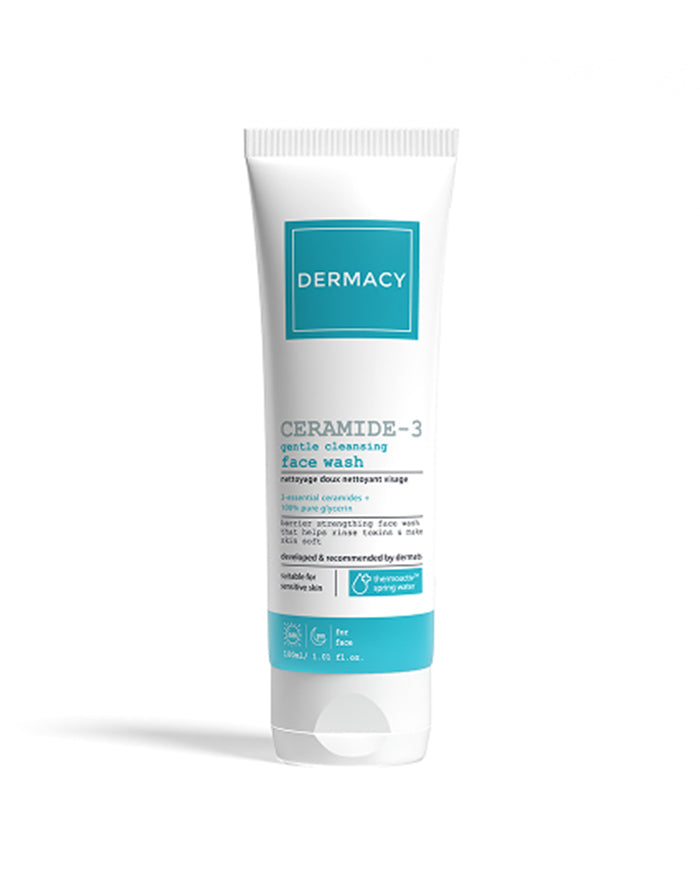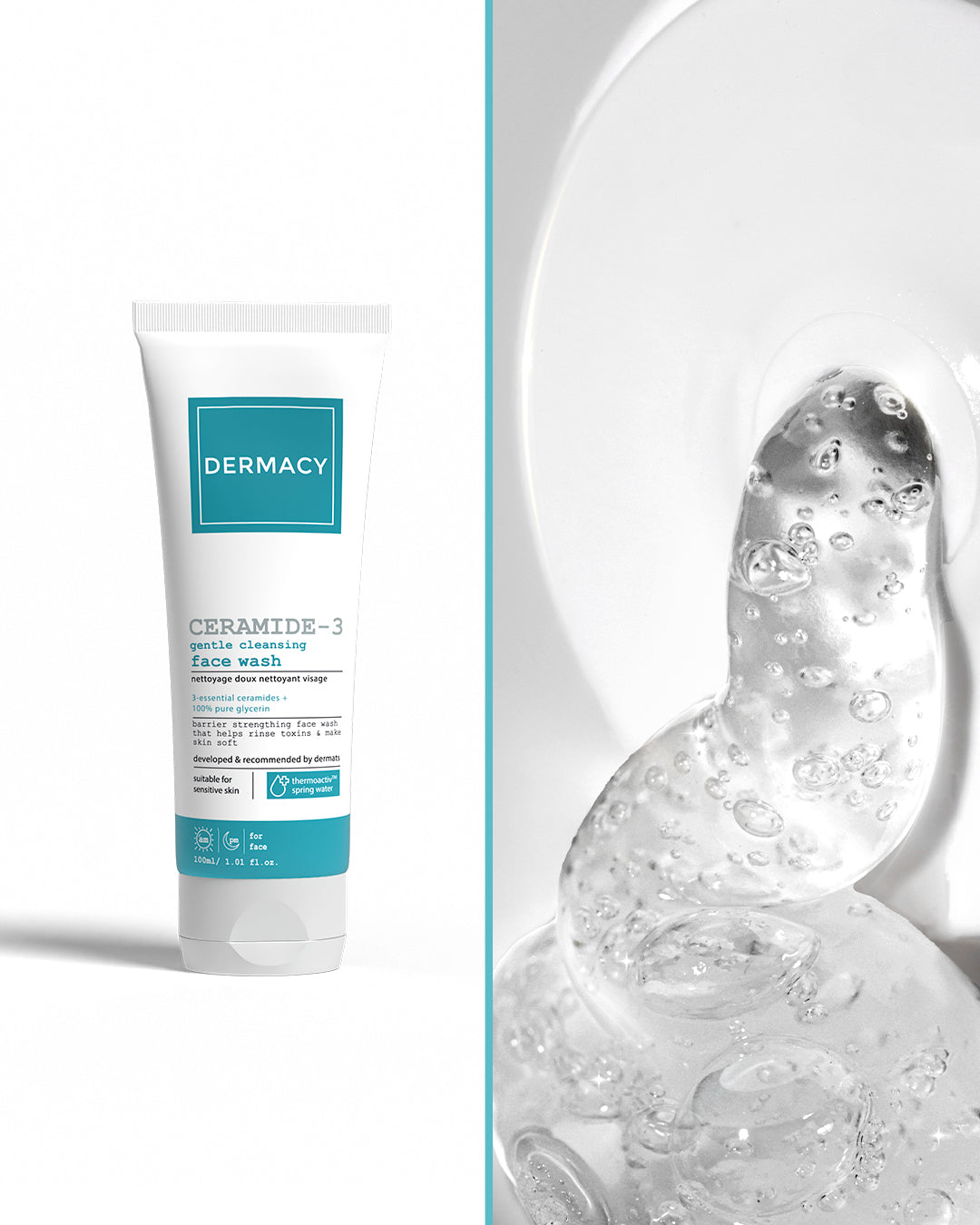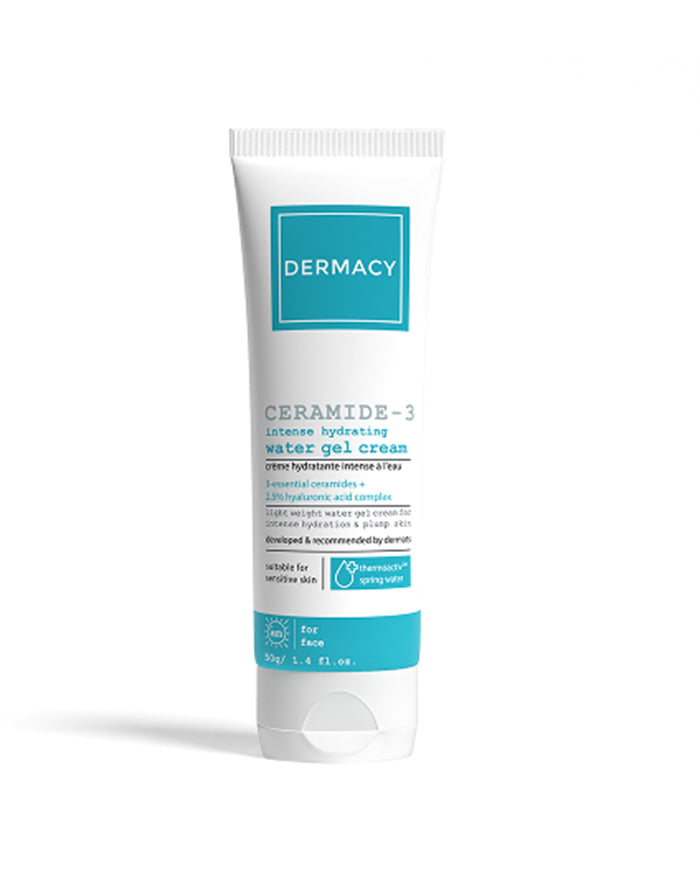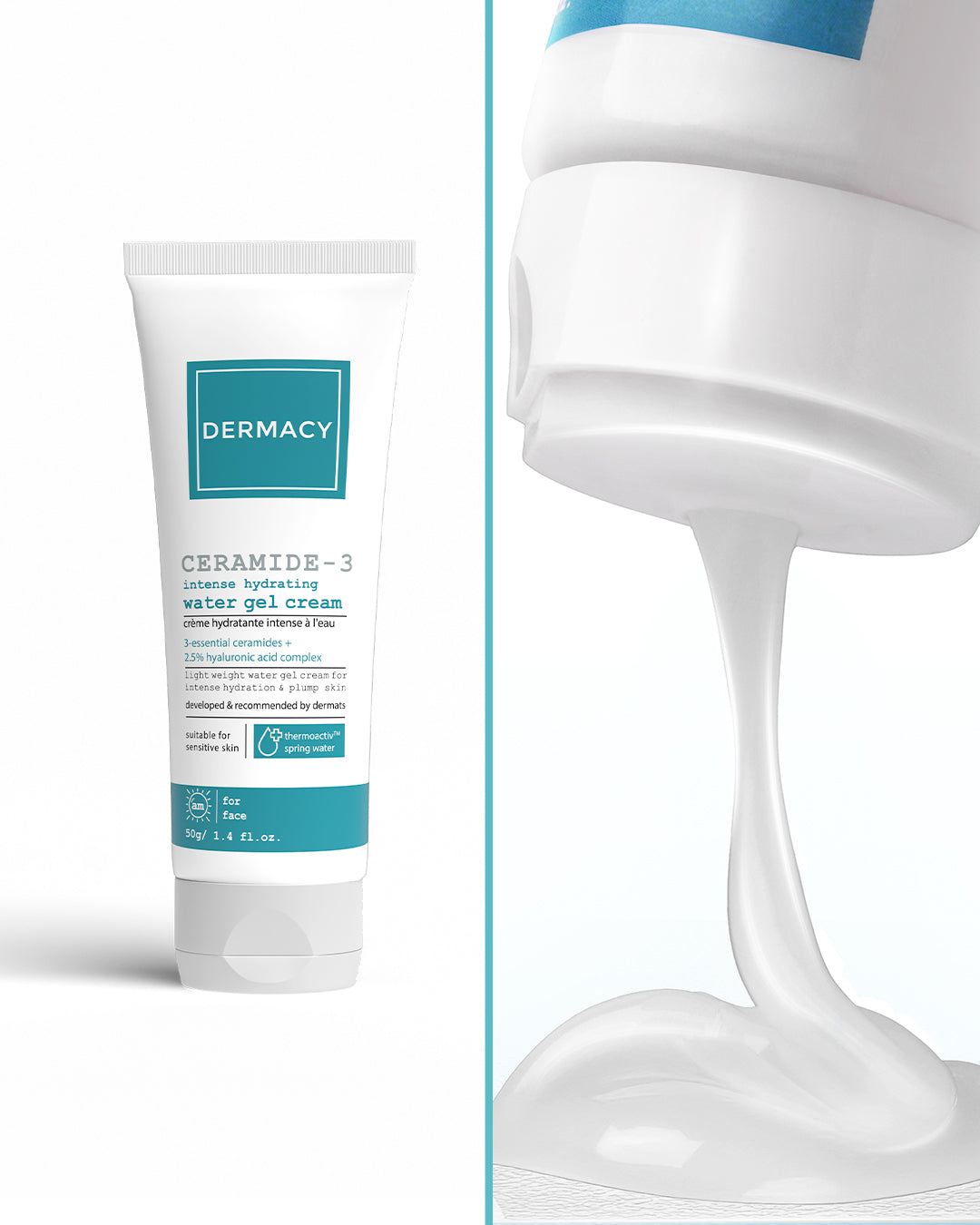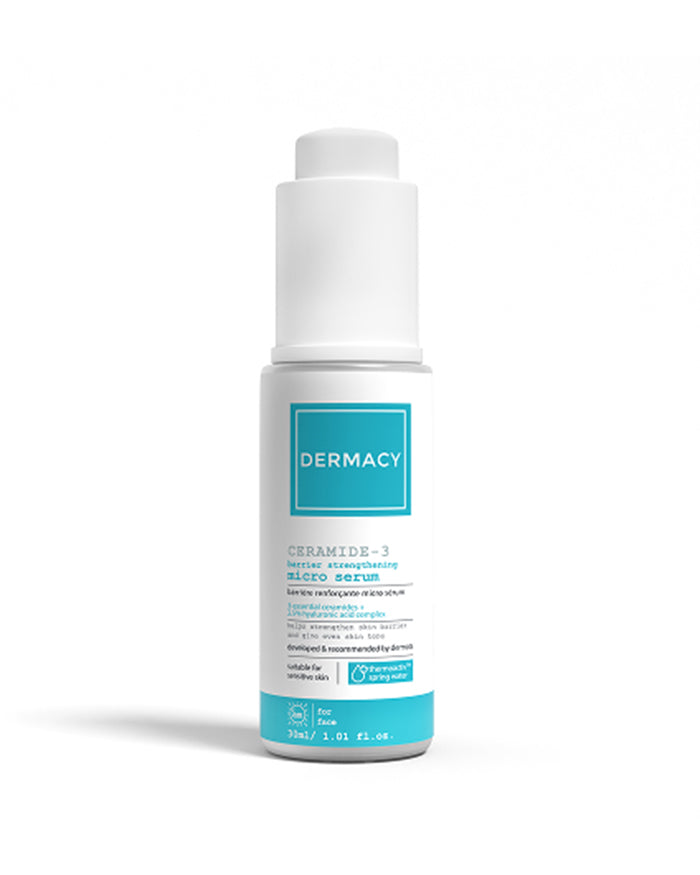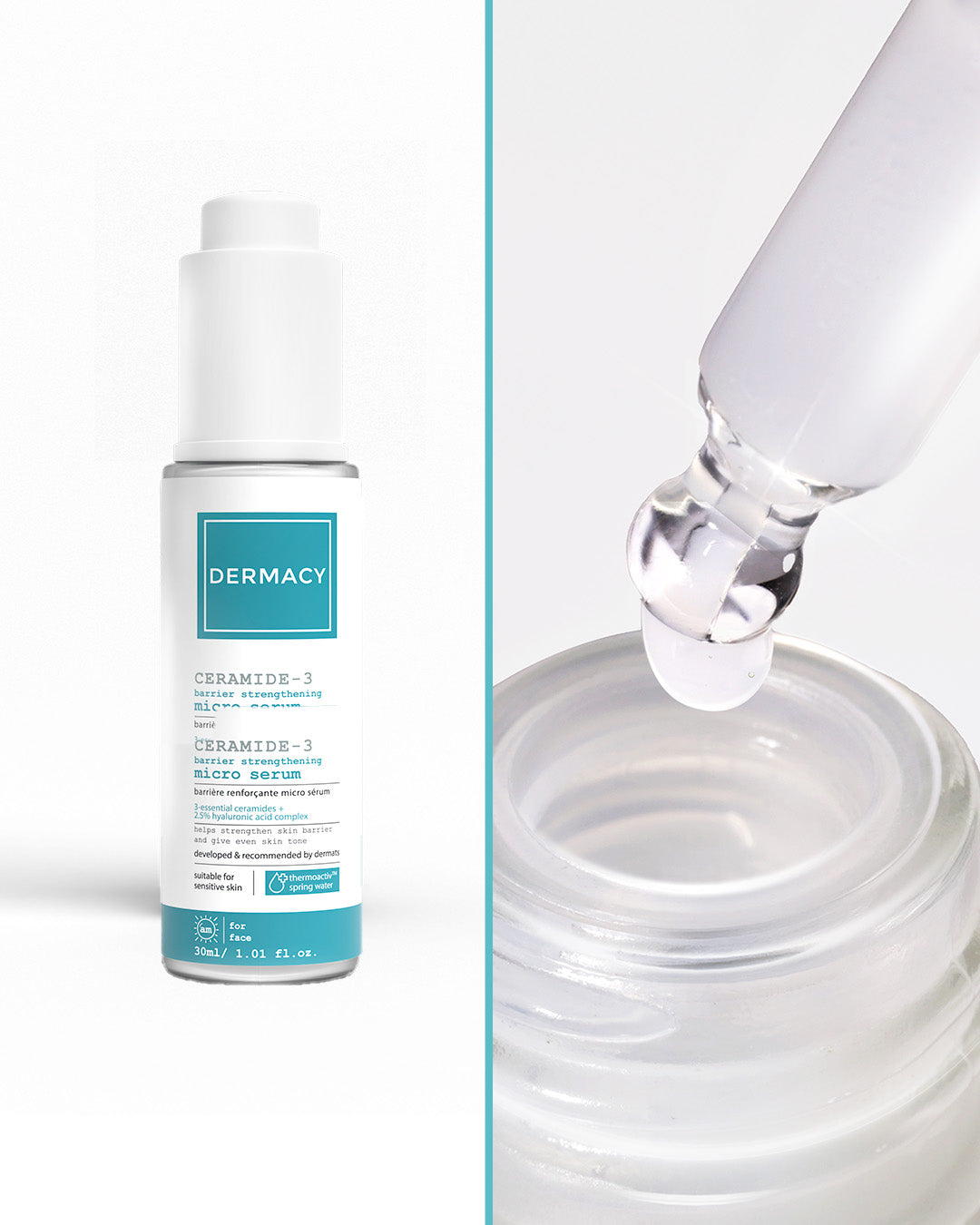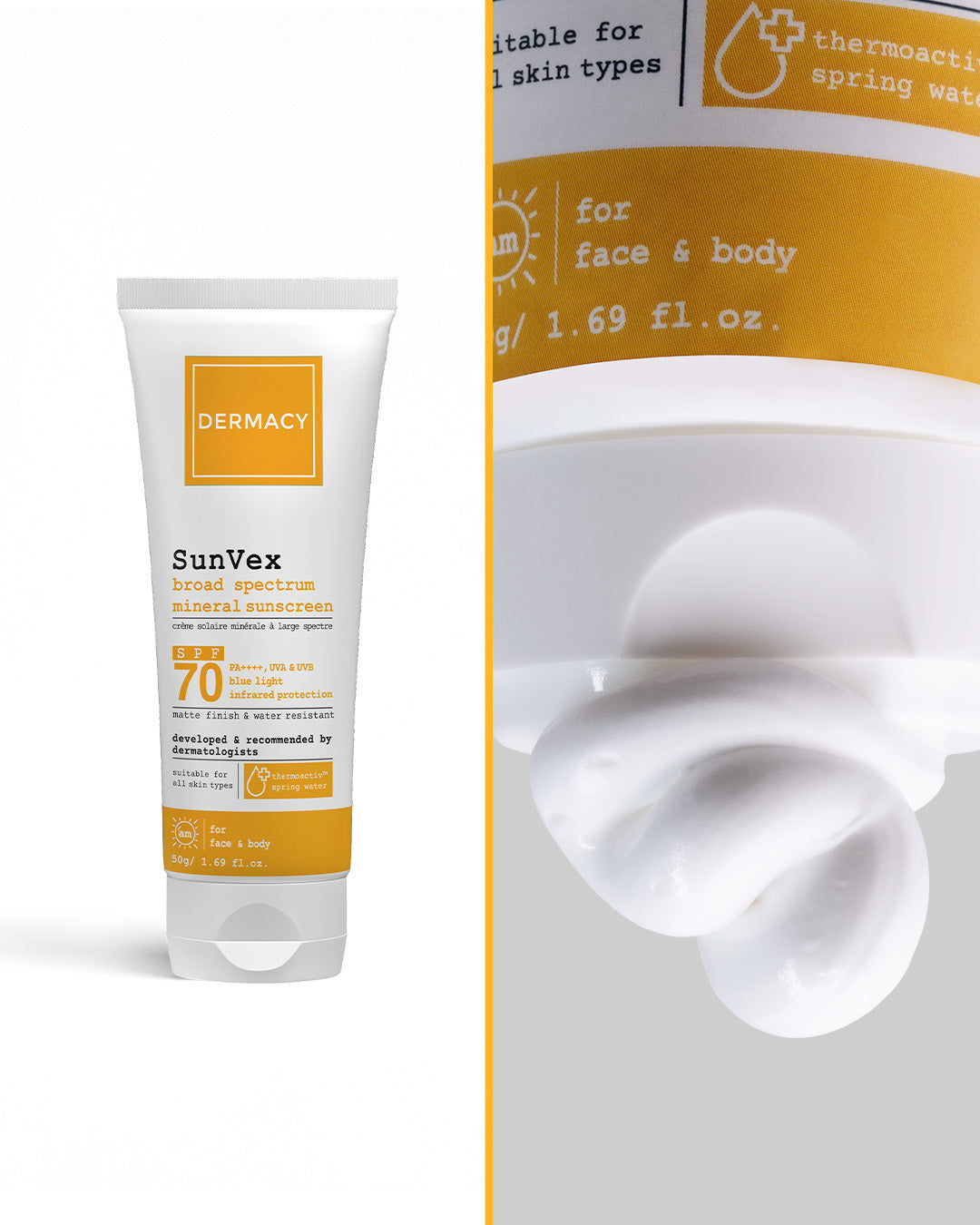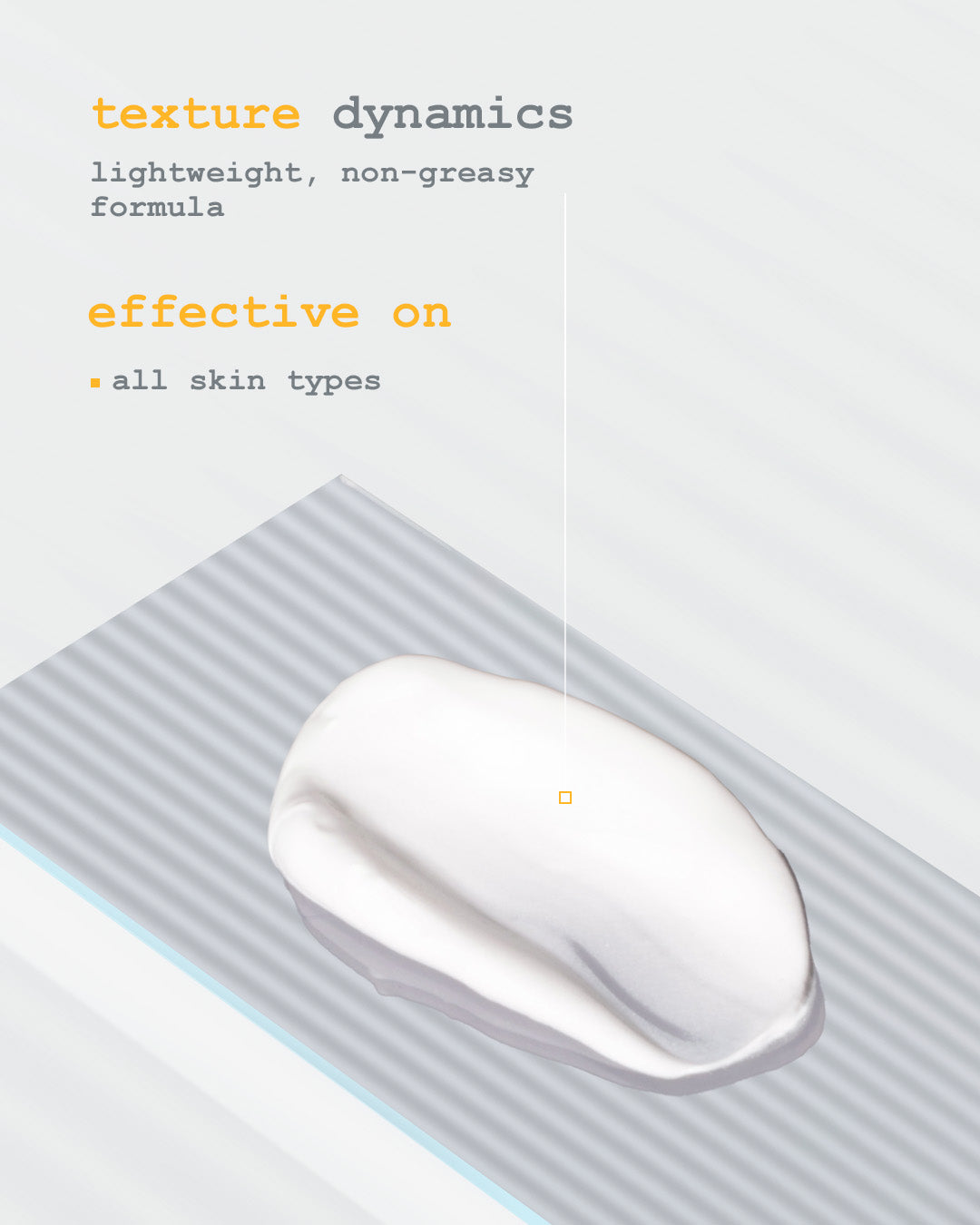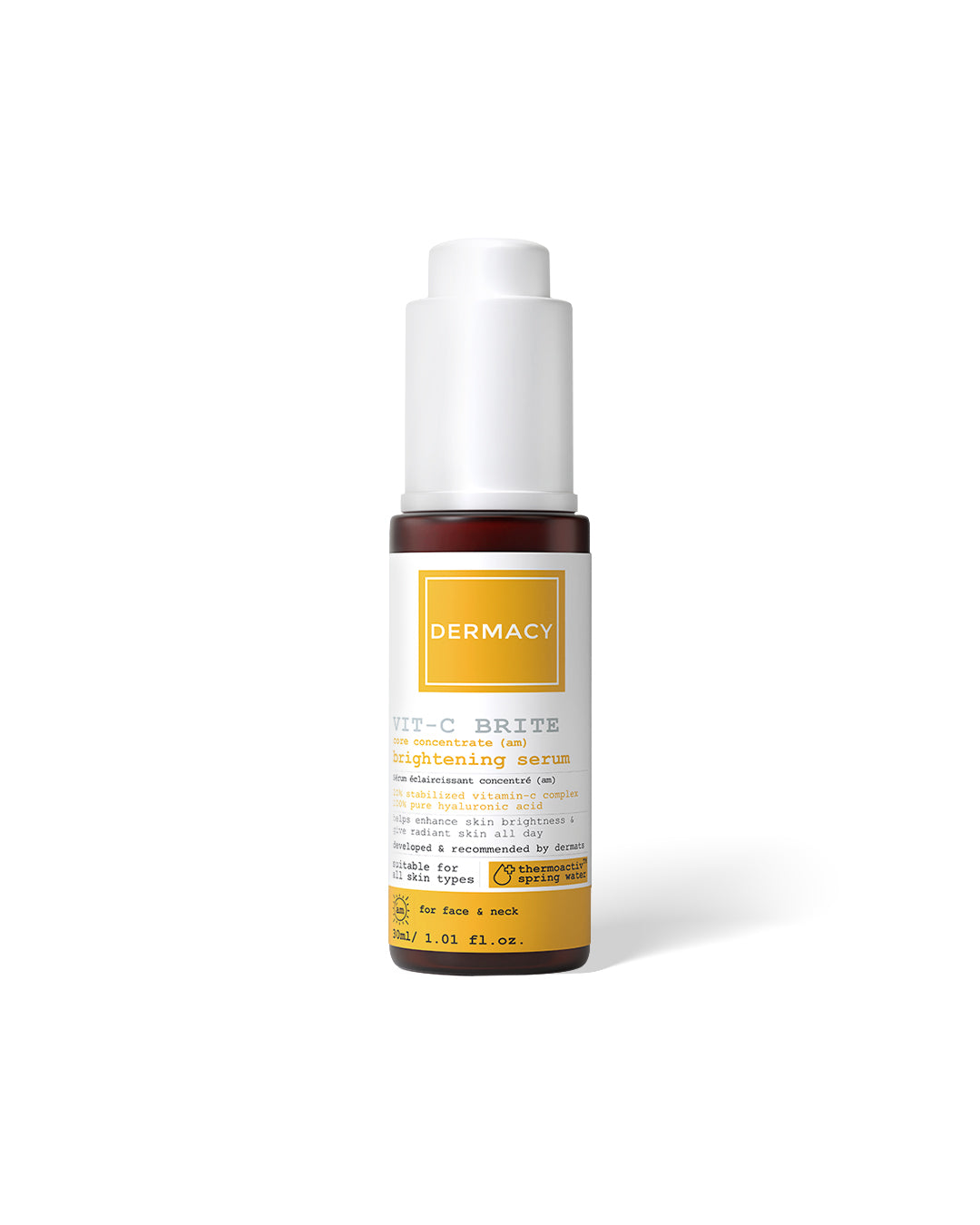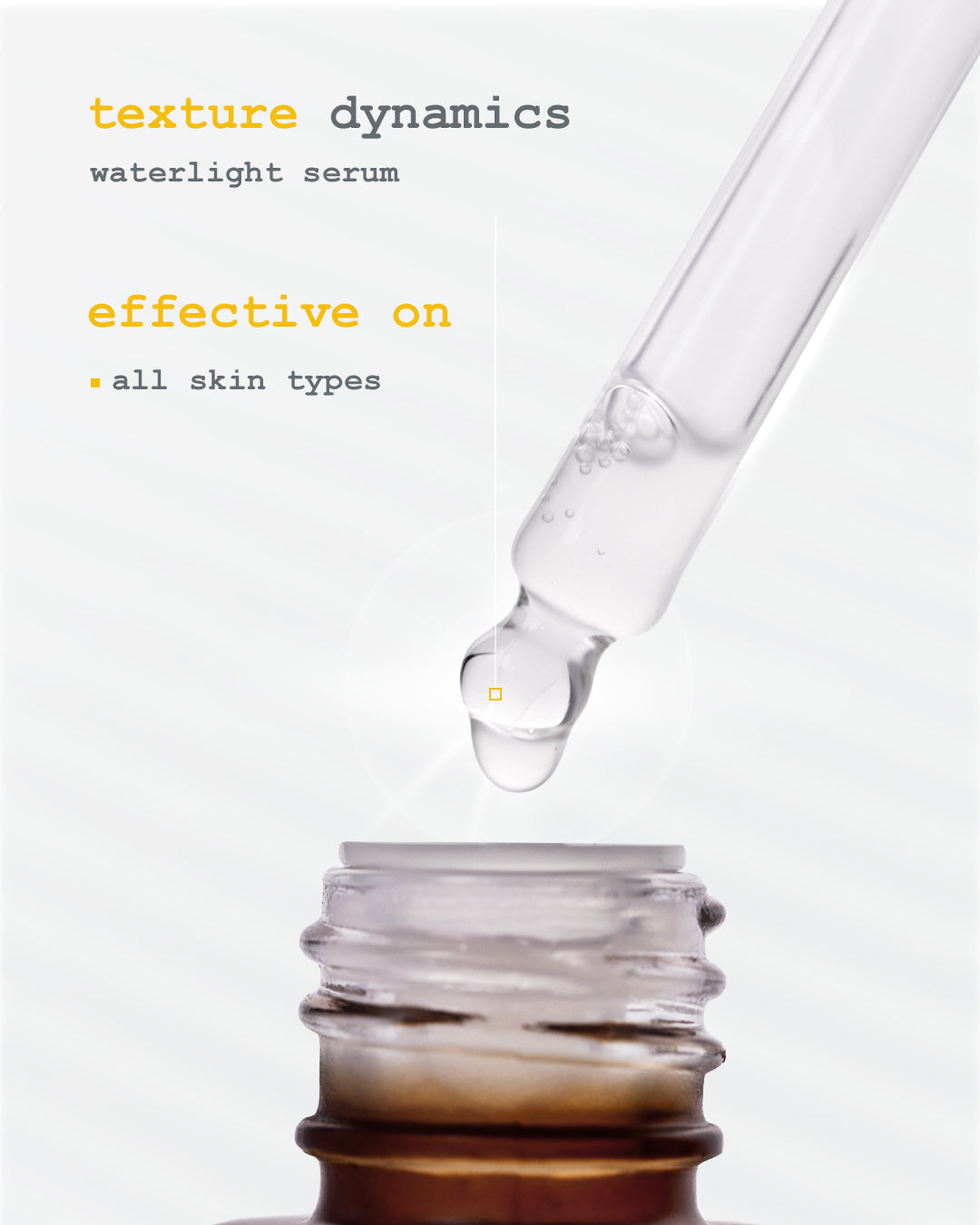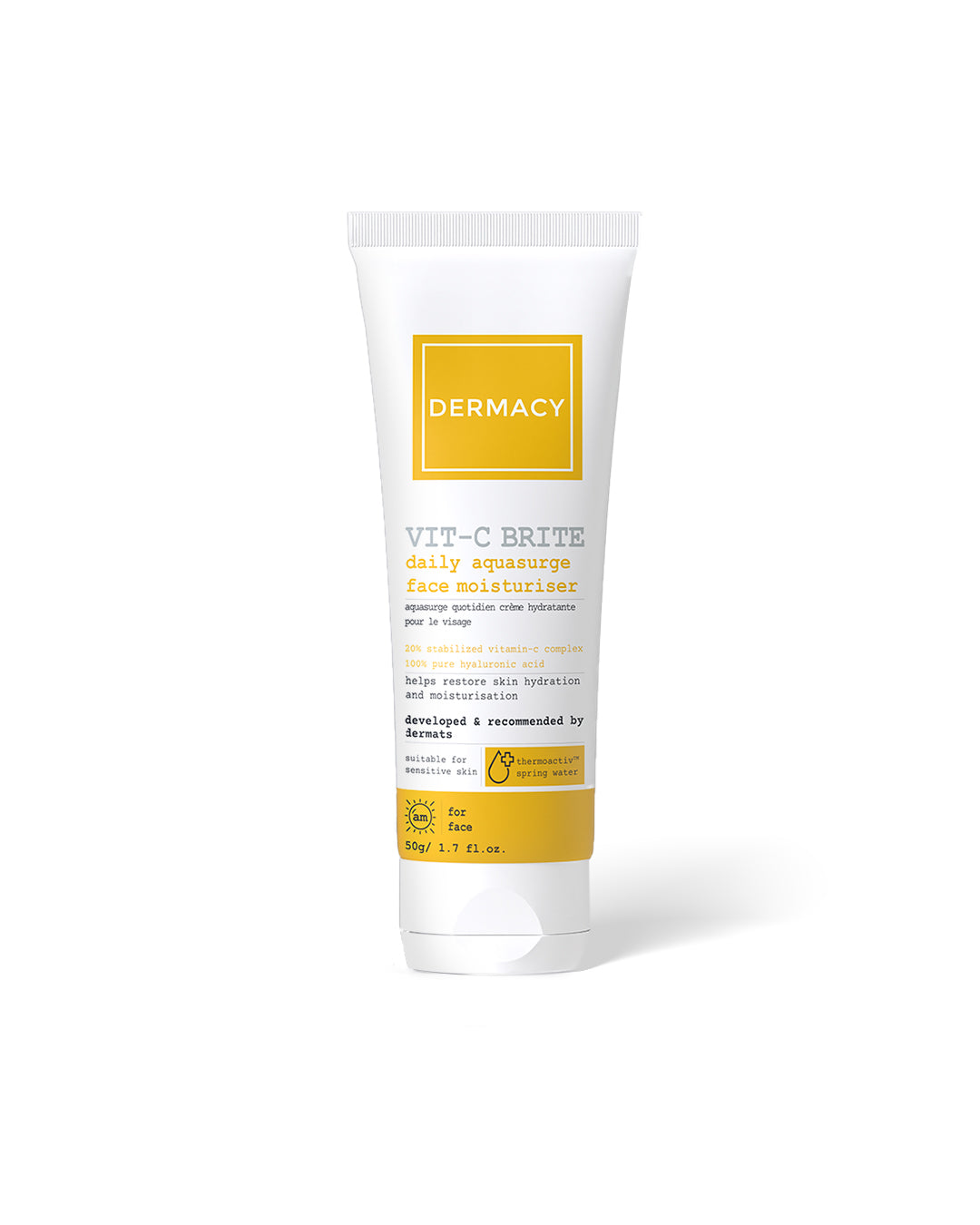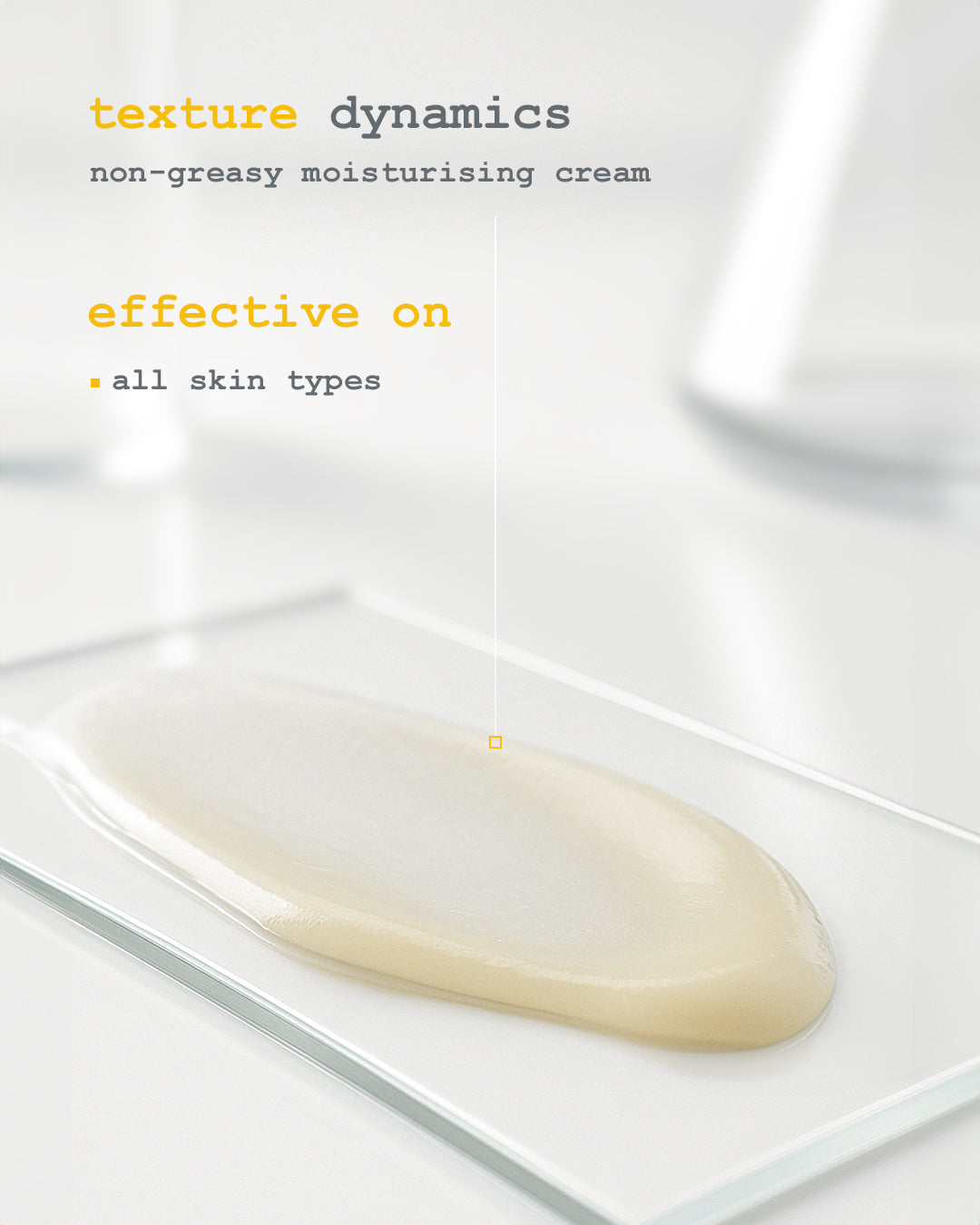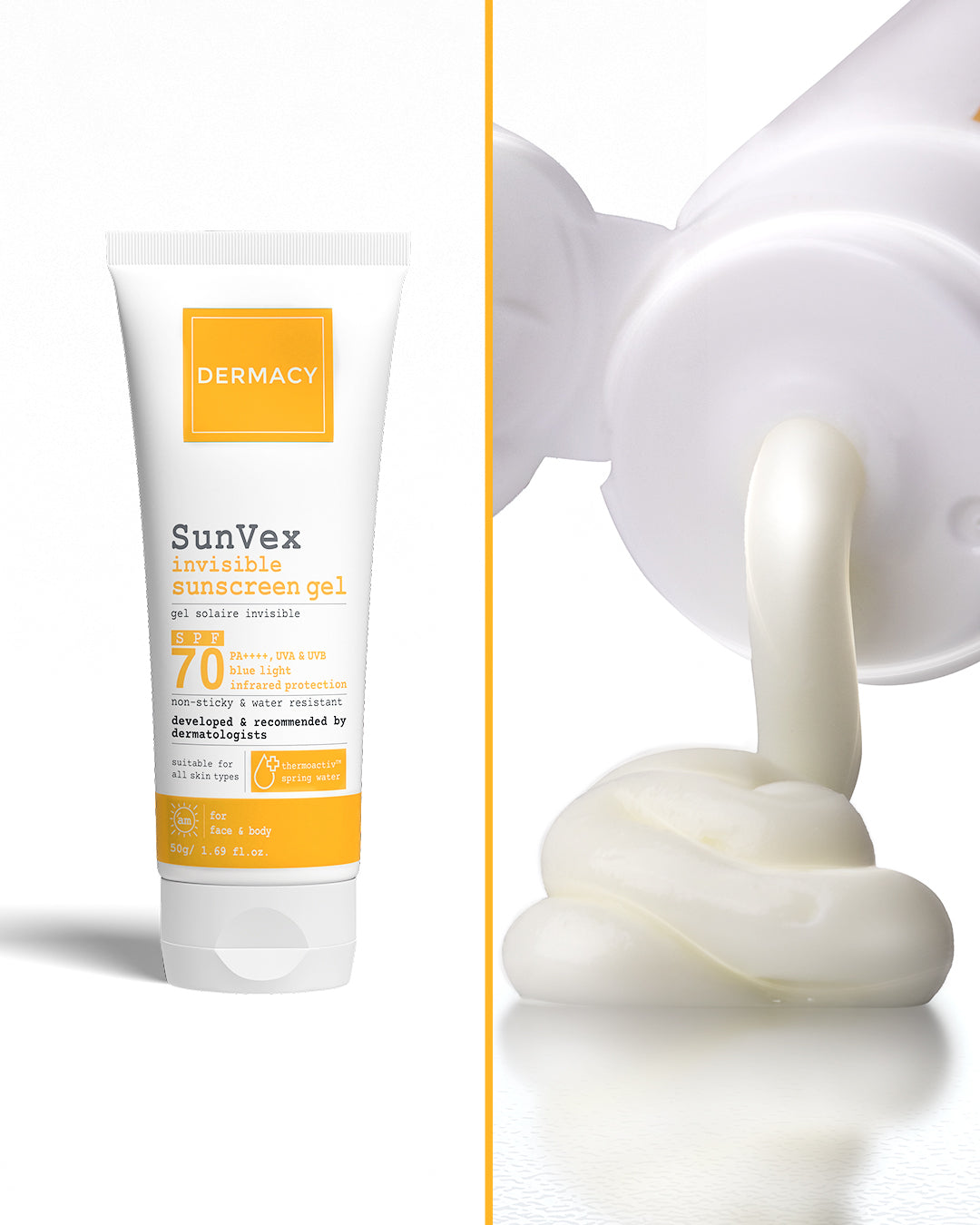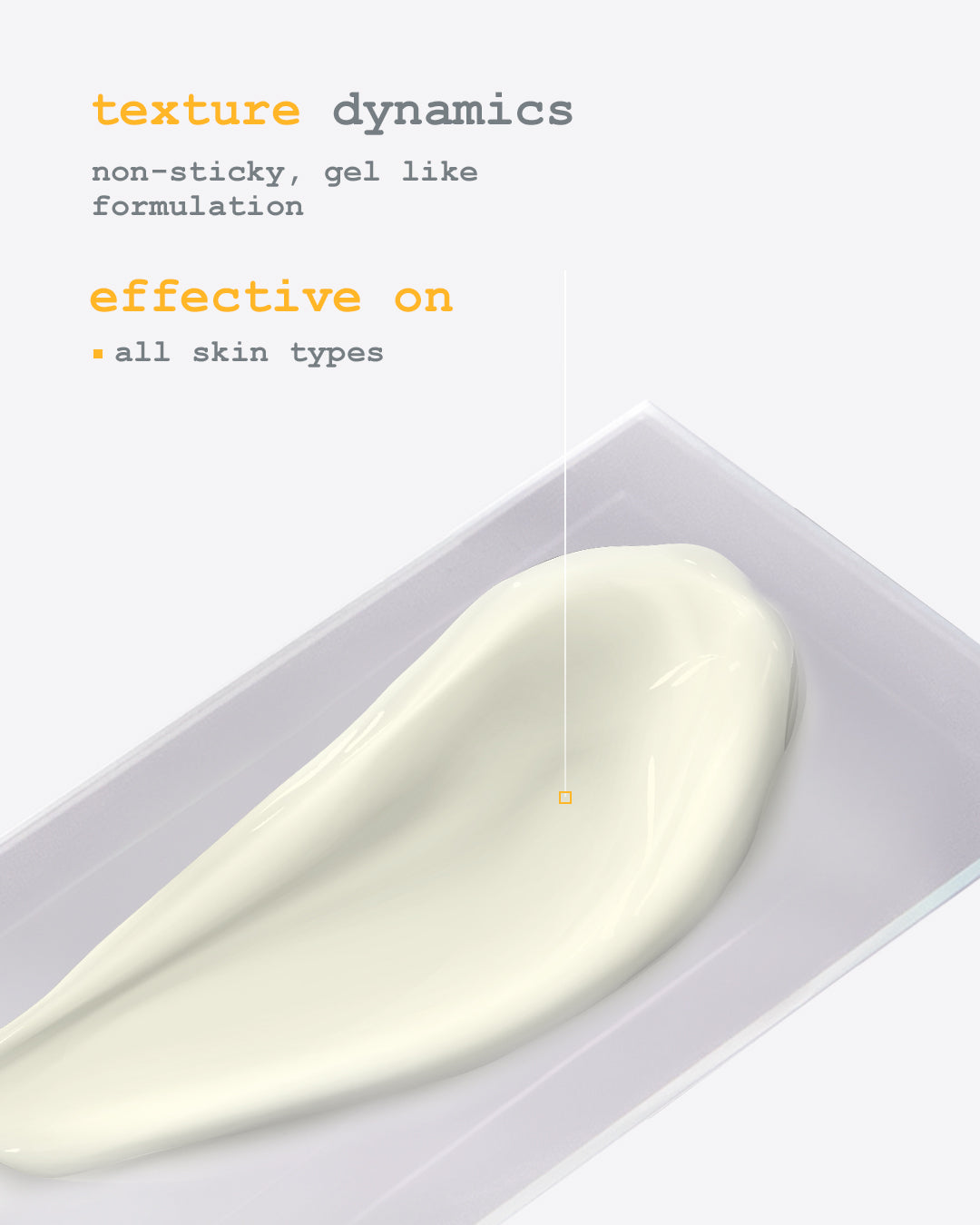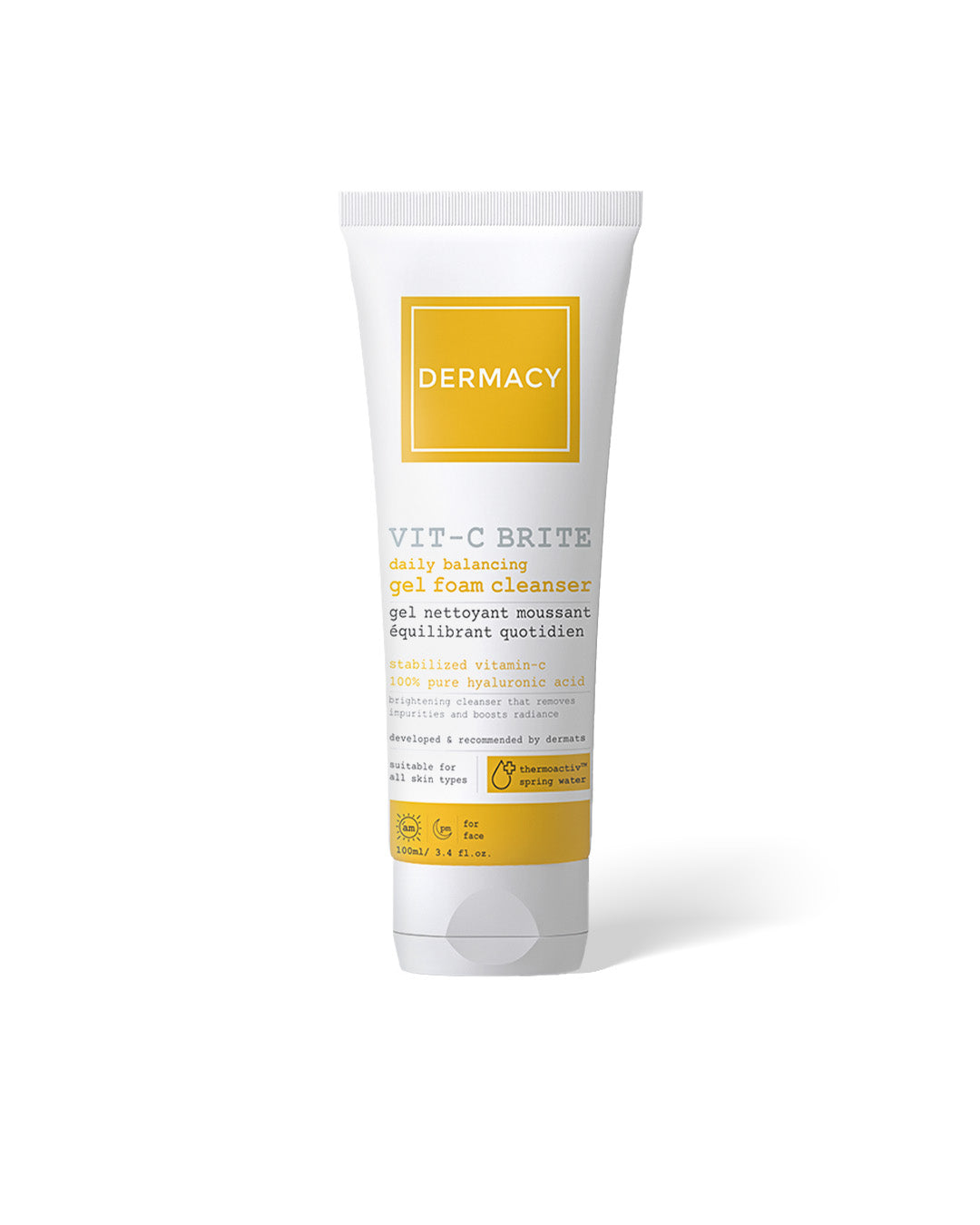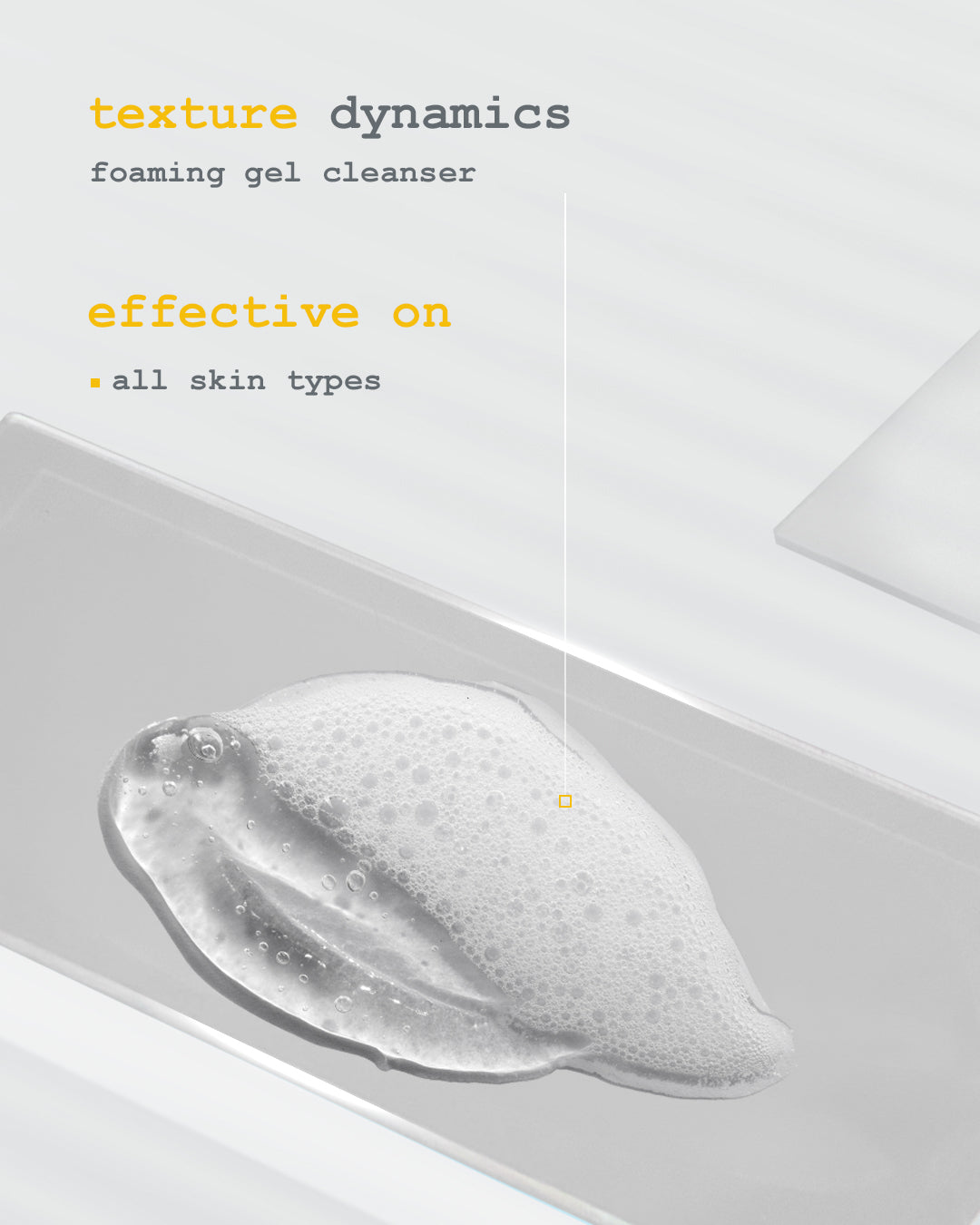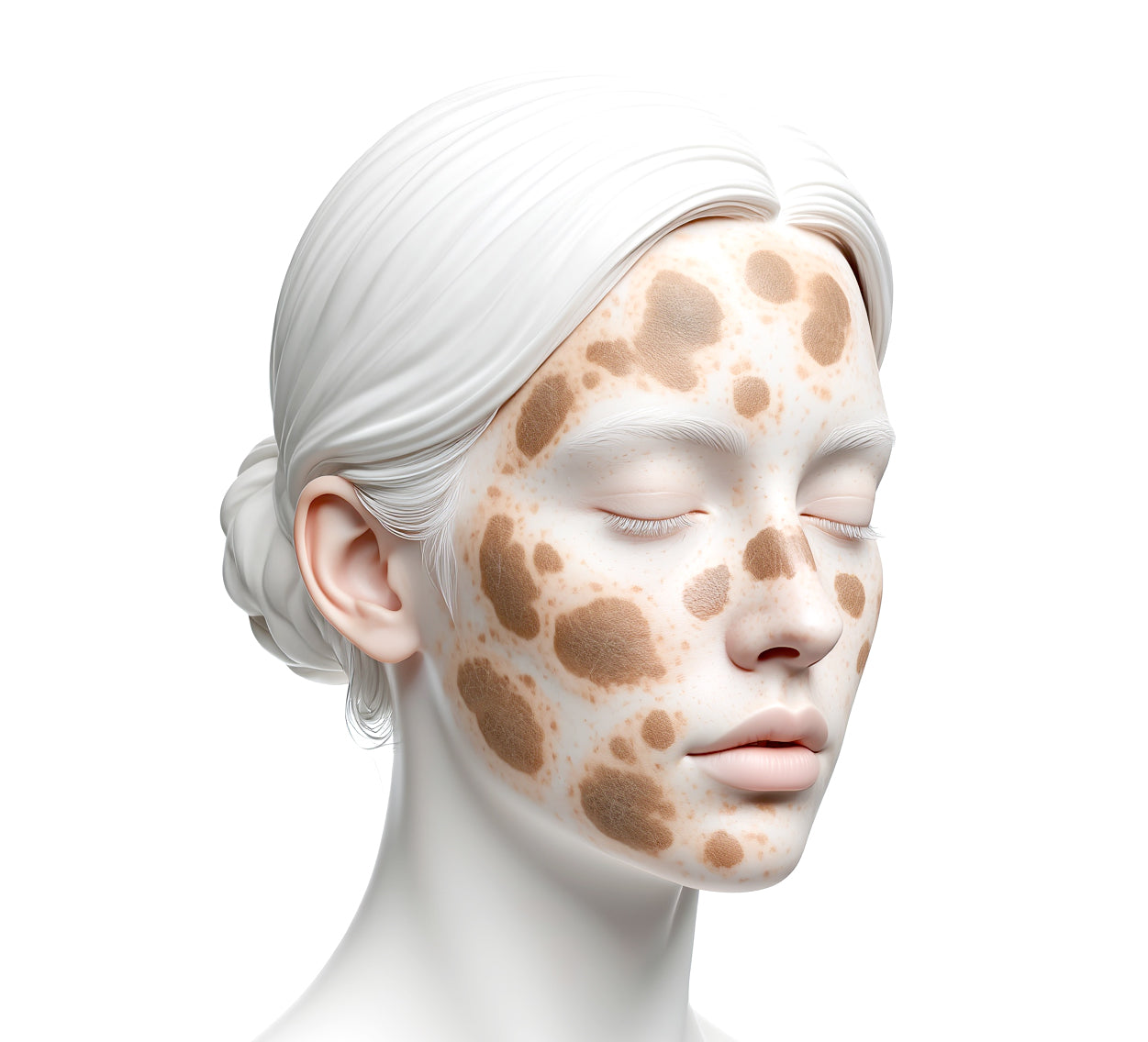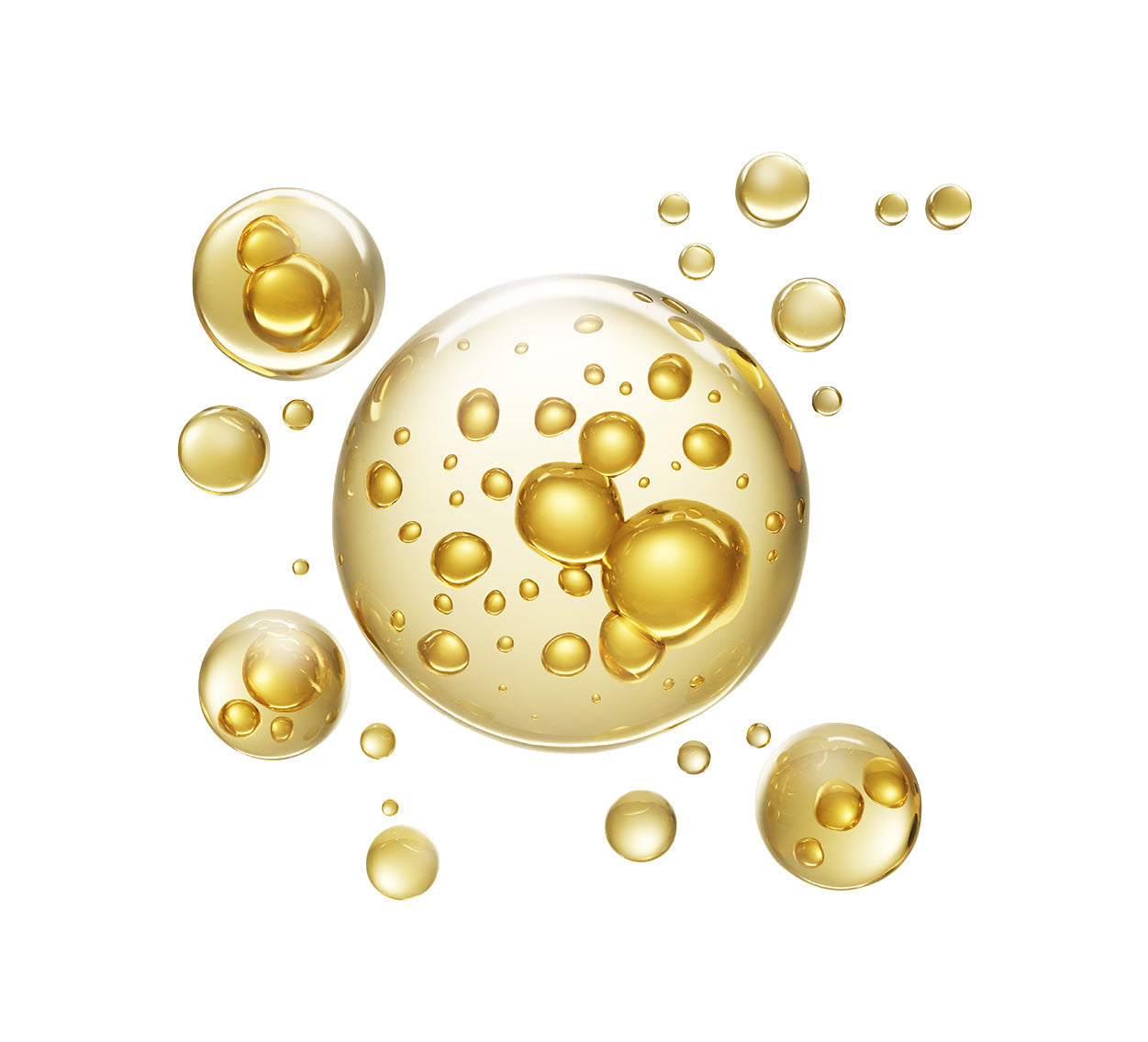Isopropyl Alcohol in Skincare: Functional, Fast-Acting, and Best Used with Caution
What Is Isopropyl Alcohol?
Isopropyl Alcohol, also referred to as rubbing alcohol, is a synthetic compound with disinfectant, astringent, and solvent properties. In skincare, it is primarily used in spot treatments, toners, and cleansing wipes to remove surface oil and impurities while delivering a matte, fast-drying finish.
It is categorized as a short-chain drying alcohol, distinct from fatty alcohols like cetyl or stearyl alcohol, which are more moisturizing.
Isopropyl Alcohol Benefits in Skincare
While not a nourishing active, there are select Isopropyl Alcohol benefits when used in small, controlled concentrations:
- Antimicrobial action that helps reduce surface bacteria
- Astringent effect, especially useful in acne-prone *blog backlink on ACNE-PRONE SKIN* or oily skin care
- Quick-drying finish is ideal for lightweight product formulations
- Enhances the penetration of certain topical ingredients
- Dissolves excess oil and product residue for a clean skin feel
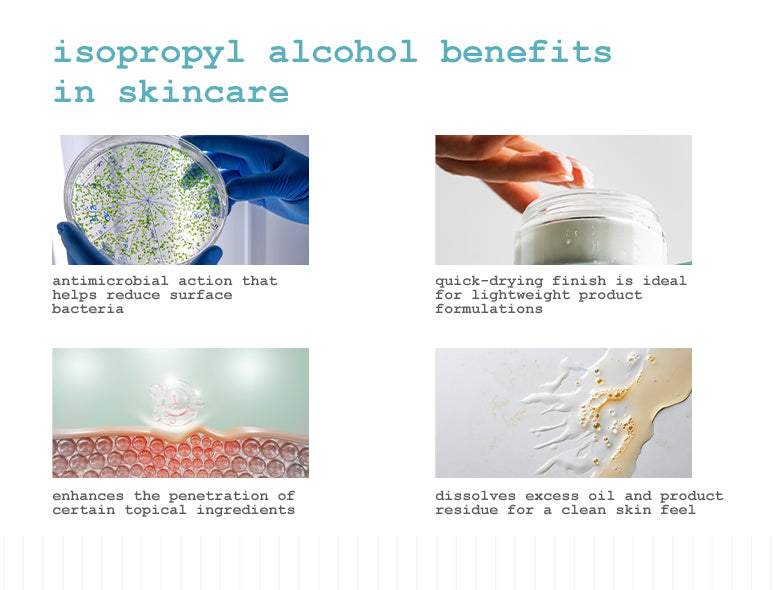
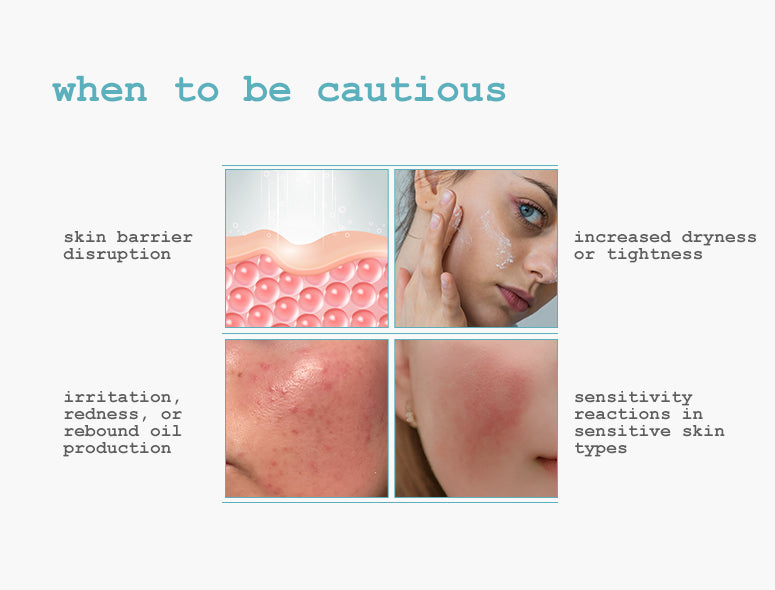
How Isopropyl Alcohol Works
As a solvent, Isopropyl Alcohol breaks down oil, sebum *blog backlink on SEBUM*, and debris on the skin's surface. Its rapid evaporation provides a dry-touch effect that makes it useful in medicated wipes, salicylic acid gels, and astringents.
However, its drying nature can be problematic—especially for individuals with a compromised skin barrier or sensitive skin.
When to Be Cautious
Although Isopropyl Alcohol can help manage breakouts, overuse or high concentrations may lead to:
- Skin barrier disruption
- Increased dryness or tightness
- Irritation, redness, or rebound oil production
- Sensitivity reactions in sensitive skin types
How to Use Isopropyl Alcohol in Your Routine
You likely won’t use Isopropyl Alcohol as a standalone treatment, but you may encounter it in:
- Acne spot treatments or gels
- Cleansing pads and toners for oily skin *blog backlink on OILY SKIN*
- Disinfecting wipes or makeup brush cleaners
- Formulations targeting excess oil or active breakouts
Final Takeaways
Isopropyl Alcohol is a functional ingredient that delivers fast-acting, antimicrobial effects—especially in products targeting oily or acne-prone skin. But its inclusion should always be balanced with the needs of the skin barrier *blog backlink on SKIN BARRIER*, particularly for those with sensitive skin.
Used appropriately and sparingly, Isopropyl Alcohol can support targeted skincare needs. However, long-term skin health depends on pairing such actives with adequate barrier repair and hydration ingredients.





